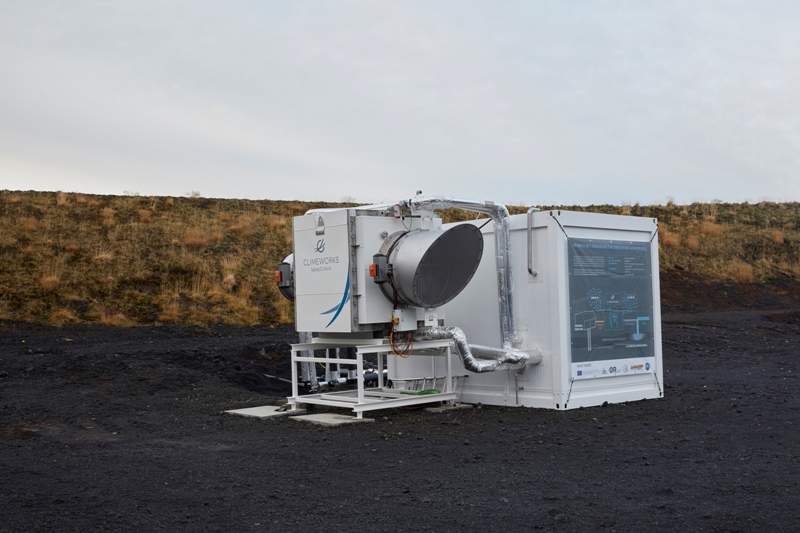
Switzerland-based Climeworks has started a new round of testing for a direct air capture (DAC) facility at a geothermal power plant site in Hellisheidi, Iceland.
The testing is being conducted as part of a research project seeking to combine DAC of carbon dioxide with permanent geological storage.
Iceland-based utility Reykjavik Energy is also involved in the trial, which aims to demonstrate a safe, economically-viable, and highly scalable carbon removal technology.
As part of the trial, researchers injected and mineralised industrial-scale carbon dioxide into the pilot plant.
A DAC module developed by Climeworks was installed at the site, which captured gas from the ambientair and permanently stored it underground.
Captured carbon dioxide was sent more than 700m underground to react with the basaltic bedrock and form solid minerals.
How well do you really know your competitors?
Access the most comprehensive Company Profiles on the market, powered by GlobalData. Save hours of research. Gain competitive edge.

Thank you!
Your download email will arrive shortly
Not ready to buy yet? Download a free sample
We are confident about the unique quality of our Company Profiles. However, we want you to make the most beneficial decision for your business, so we offer a free sample that you can download by submitting the below form
By GlobalDataTo capture carbon dioxide from ambient air, Climeworks’ DAC technology used a patented filter, which is designed to be heated with low-grade heat from the geothermal plant. It then released the pure carbon dioxide ready for storage underground.
Climeworks founder and CEO Christoph Gebald said: “The potential of scaling-up our technology in combination with carbon dioxide storage, is enormous.
“Not only here in Iceland but also in numerous other regions which have similar rock formations.
“Our plan is to offer carbon removalto individuals, corporates and organisations as a means to reverse their non-avoidable carbon emissions.”
The ongoing trial is a part of CarbFix2 project, which has received funding from the EU’s Horizon 2020 research and innovation programme and is led by Reykjavik Energy.



